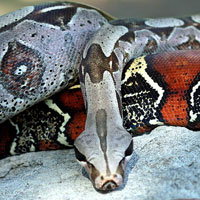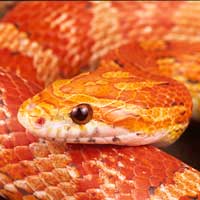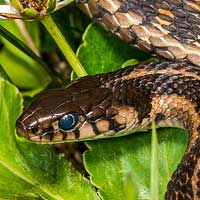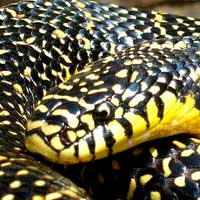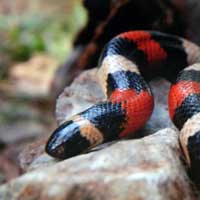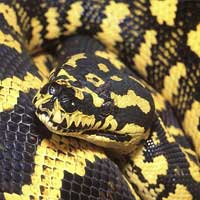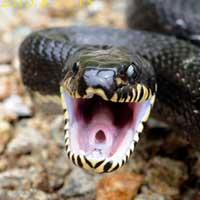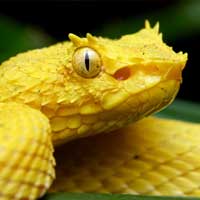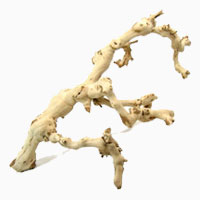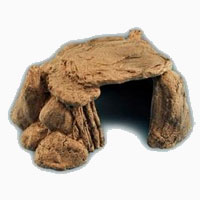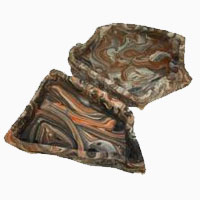San Diego Gopher Snake
Scientific Name: Pituophis Melanoleucus Annectens
Share this Post
This snake is a species of snakes commonly found in the United States. It is especially prevalent in San Diego. It is commonly known as the San Diego Gopher Snake with a similar species of Arizona elegans and Hypsiglena torquata. It is a non-venomous species, with a cream or yellow dorsum. The snake has brown or black tinted tail with blotches on the body. The patches are widely spread on the tail with smaller 33 patches on the tail. It has dorsal keeled scales that turn orange with circular shaped pupils. Pituophis melanoleucus annectens has a full length of 80-141 cm with the female usually longer and bigger than the males. Juveniles, measure a length of 15 inches, and often resemble adults. The snake is usually active for the most part of the year. The head is slightly wider than the neck and it has a protruding scale on the tip of its nose. It feeds on small mammals like rats, mice and it feeds on lizards, birds, eggs, and insects. It hisses when it encounters enemies and rattles the tail to scare of the predators.
San Diego Gopher Snakes Are Beautiful Creatures
Facts About San Diego Gopher Snakes
Geographic Location
It ranges from the southwest of the United States, northern Mexico, California, Baja California, and Santa Barbara County.
Habitat
The snake occupies several regions, which include coastal sage shrubs, farmlands, woodlands, deserts, river valleys, and mountainous areas down to sea levels.
Behavior
When the snake is threatened, it produces loud hissing sound, vibrates the tail, flattens the head, and strikes if agitated. This behavior mimics viper behavior though it is generally calm and easy to handle. It hibernates in October up to March.
Reproduction
Females lay about 3-18 eggs that are approximately 30mm by 90mm in size. Hatchlings emerge between the months of May and September.
Captivity
An extremely composed and loyal snake it is accustomed to captivity and cage life quite easily.
